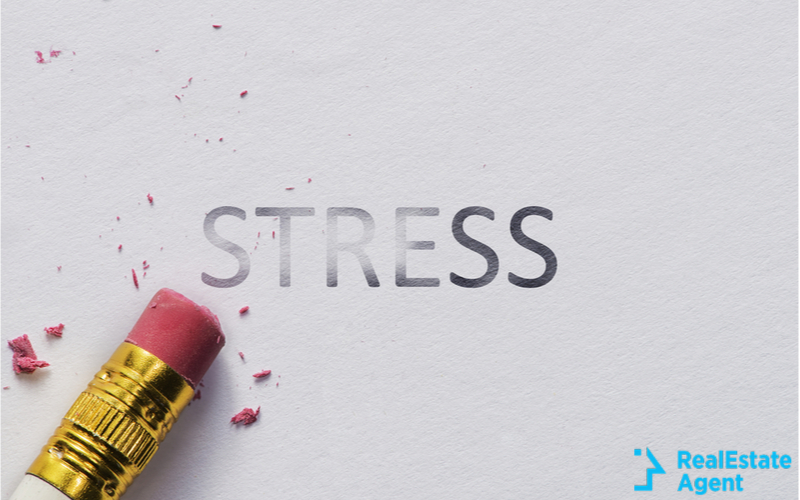All of us have stress eaten at one time or another. That five thousand word term paper is due in one week and you haven’t even started yet. Or maybe it’s work, with your boss breathing down your neck to have those reports on his desk by Friday. Work, school, family and a thousand other things put us under stress every day.
All of a sudden, in the midst of your fog of anxiety and stress, that 12-pack of apple muffins you don’t even like that much starts to look really tasty. Minutes later, you’re sitting on the couch, surrounded by muffin crumbs and an empty muffin box that seems to mock you with its cavernous interior.
This phenomenon is the insidiously unhealthy habit we call stress eating. The American Psychological Association reports that over thirty-seven percent of adults struggle or have struggled with stress eating at one time or another.
Stress eating can be detrimental in a number of ways; many of those affected report poor body image, sometimes even developing serious eating disorders like anorexia. Other detrimental health effects range from obesity, heightened cholesterol levels and a host of other regrettable effects.
Do you struggle with stress eating? Want to know what you can do to combat your habit? Here are some tips!
Remove the Temptation

One great way to combat stress eating is to simply avoid having on hand any of the unhealthy foods that you are prone to eating under stress.This one is more about dealing with the symptoms of stress eating rather than the underlying causes, but if you put it into practice it can actually help a lot.
When you go shopping, avoid stocking up on the junk foods that cause you the most trouble. When the stress creeps up on you and you feel the urge to demolish a family sized bag of Flamin’ Hot Cheetos, you won’t have to deal with the “just one more” fallacy, because the temptation will be removed altogether.
A great way to add to this is to replace your go-to comfort foods with healthy alternatives. There are plenty of health conscious snacks you can eat in place of more unhealthy processed snack foods. Something as simple as a sliced and salted cucumber or a boiled egg can satisfy your craving and keep you feeling good about yourself.
Eliminate Sources of Stress from Your Life

There are a lot of sources of stress that simply can’t be helped. Relocating to another town, getting bogged down at your job, or coping with the loss of a loved one can all leave you with loads of stress to deal with, and there’s little you can do about it. However, it’s entirely possible that the sources of stress causing your compulsion are quite avoidable.
These avoidable sources of stress can be small, large, seemingly innocuous or painfully obvious, but they all share one thing in common; they can be resolved. Whether it’s a toxic relationship partner, an unsupportive and detrimental social circle or even family members who can’t accept who you are, you shouldn’t put up with it just because society says you must.
Whether you choose to work to resolve issues in these relationships or end them altogether is up to you, but once you’ve eliminated these sources of stress, you’ll feel that much more free.
Find Other Ways to Deal With the Stress

Another good tip to fight stress eating is to find other ways to relieve the pressure when you feel like your world is collapsing in on you. The key here is activity. Stress eating is caused in part by inactivity; we link consistency and routine to stability and therefore find comfort in damaging habits like stress eating. Going outside the box with your routine can seem daunting, but changing things up can actually be quite effective as a way of dealing with your anxiety and stress.
These don’t have to be big changes; you don’t have to start by running a marathon or setting a deadlifting world record. It can be as simple as getting off the couch and going to a park to read a book, or taking a relaxed stroll around your neighborhood. In time, you can push yourself further and grow as a person.
Seek Emotional Support

If you are having a particularly difficult time with stress eating, it’s probably due to some deep rooted issues with anxiety. There’s nothing wrong with that, but sometimes we can’t get out of it by ourselves. Having a close friend or family there to support you and help you fight the habit it will help you immensely.
However, sometimes a friend isn’t enough. If you feel like there’s no hope, or that you will never beat your habit, you might want to talk to a therapist. In the past, mental health has been heavily stigmatized, but as a society we are breaking down that stigma, so there’s really no reason not to just talk to a clinical professional. They will help you identify the root of your problem and solve the underlying causes.


